PROGRAMMES ELEMENTS
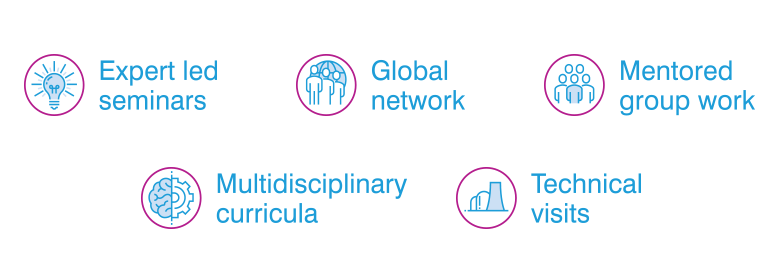
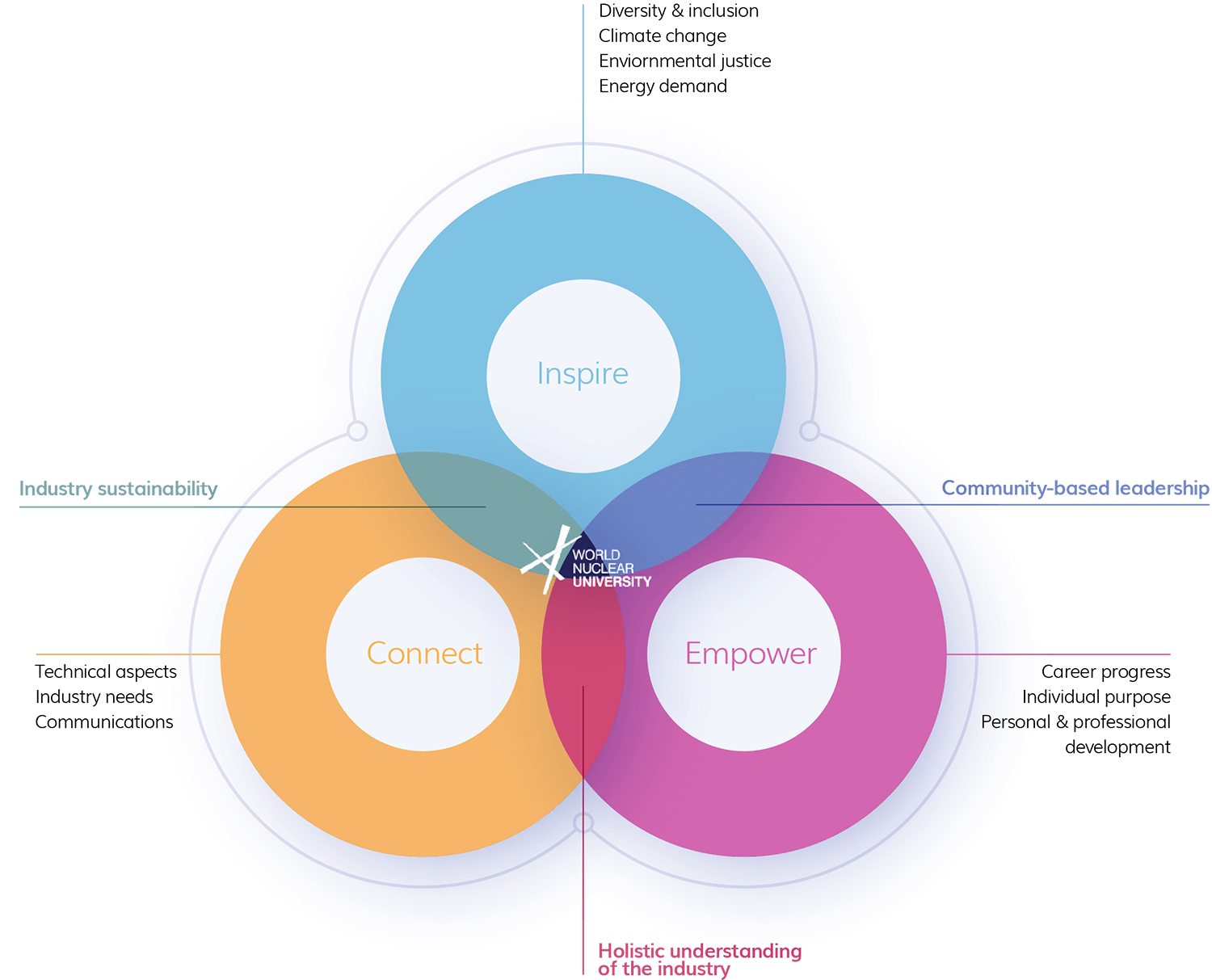
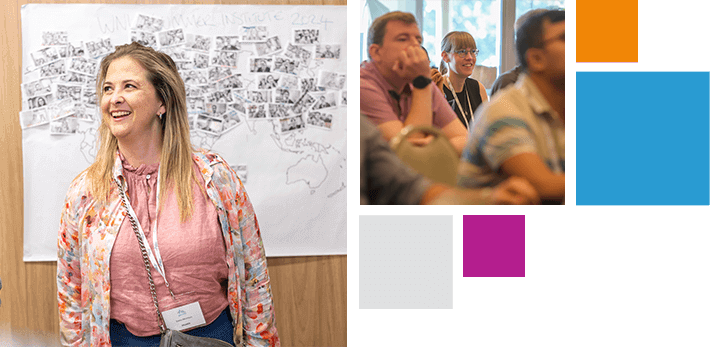
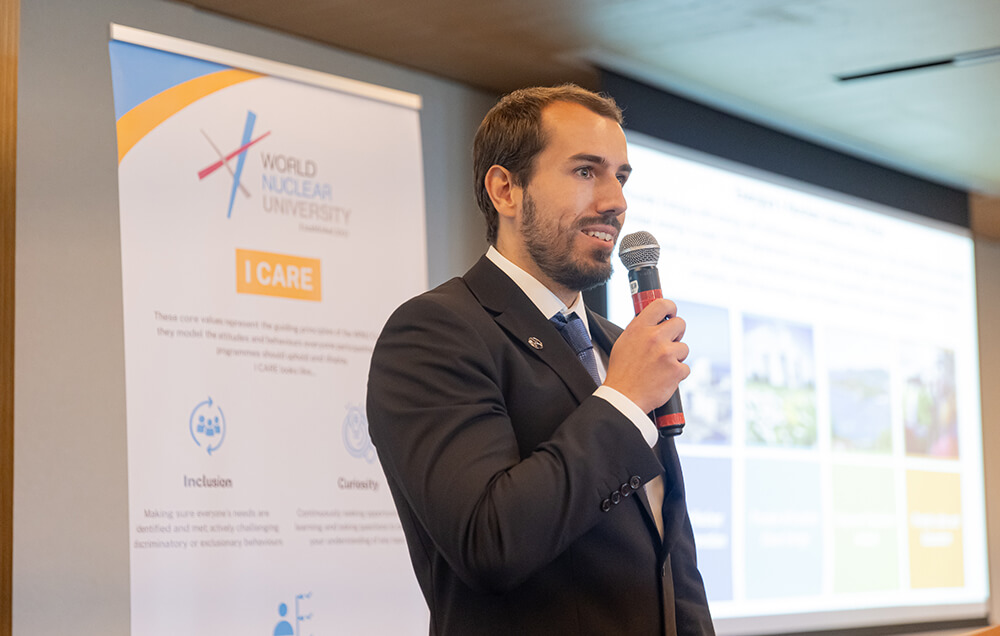
PERSONAL TRANSFORMATION
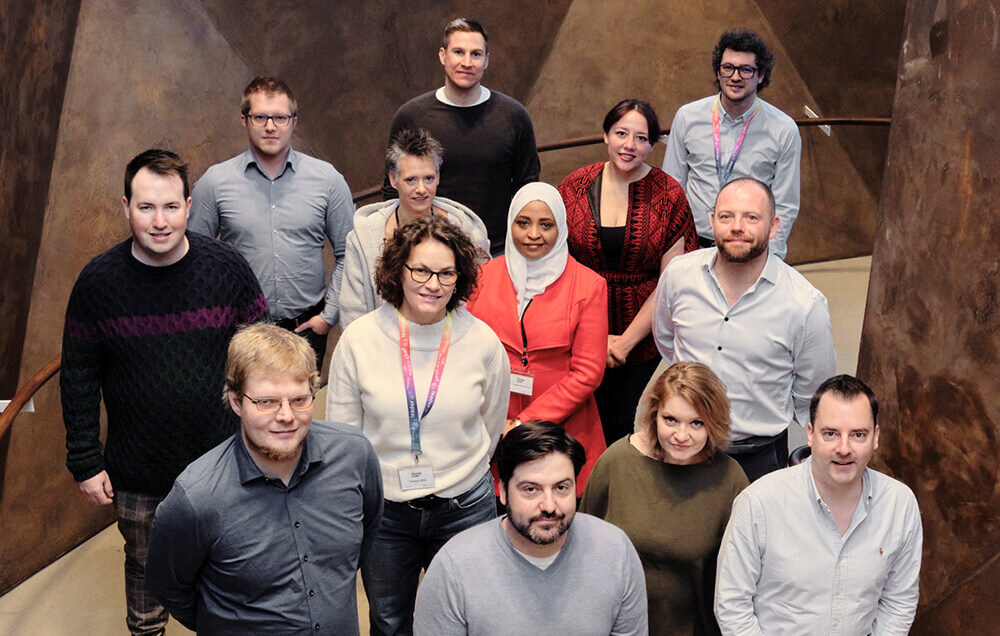
DIVERSITY MATTERS

INSPIRATIONAL LEARNING ENVIRONMENT
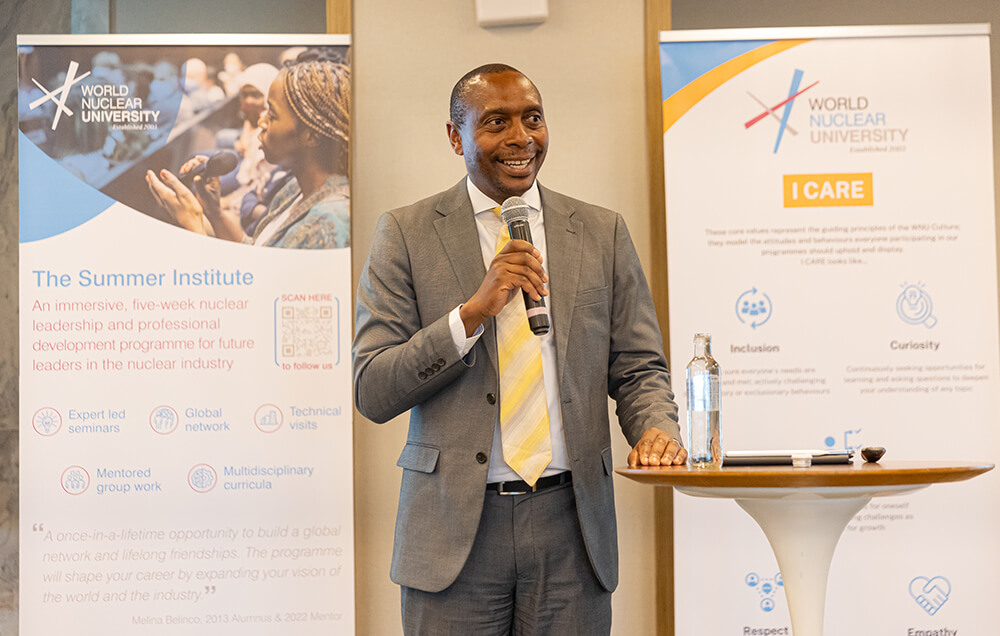
LEADING BY EXAMPLE
Leadership Impact: Shaping the Future of the Nuclear Industry
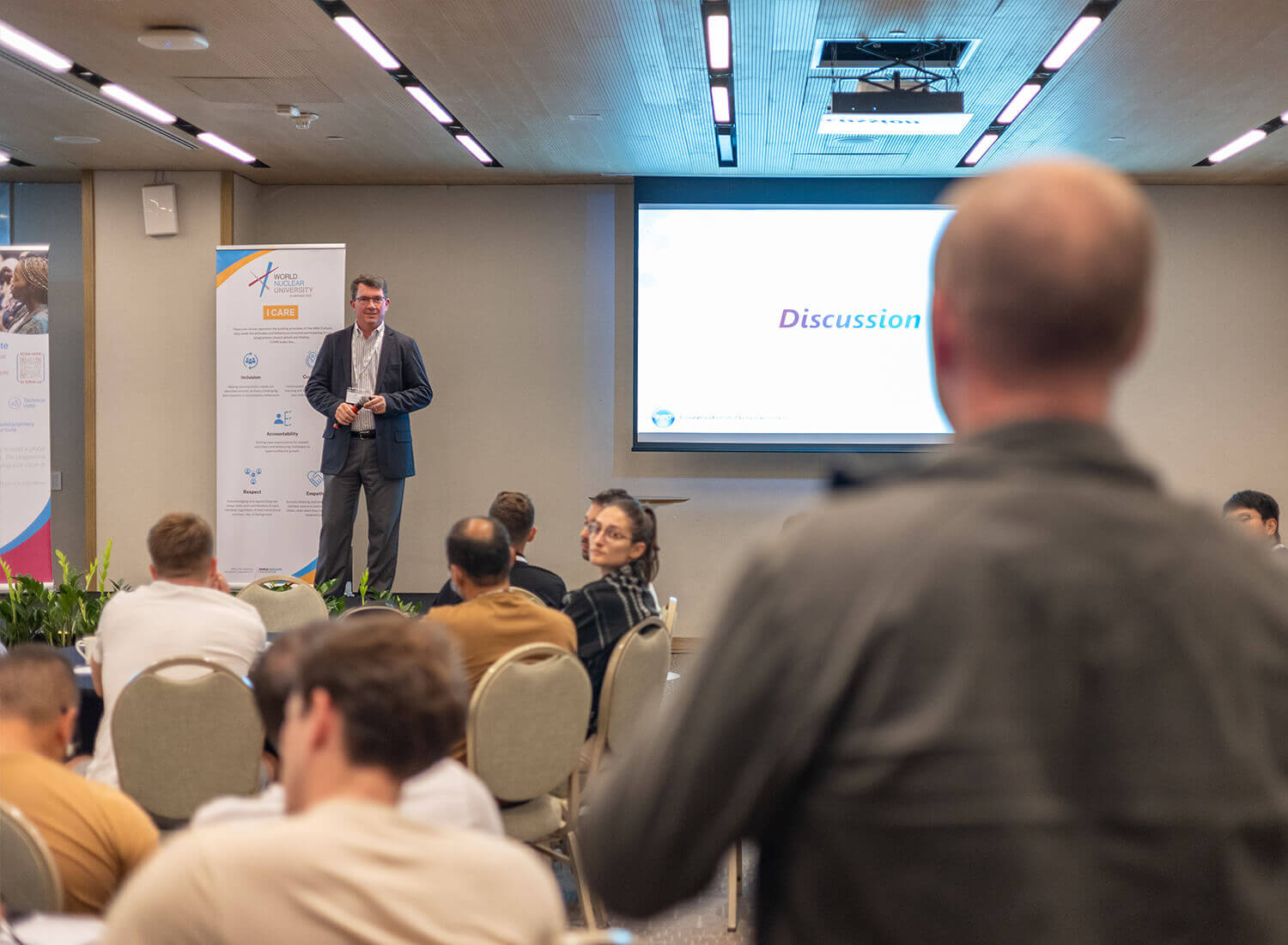
WNU CULTURE
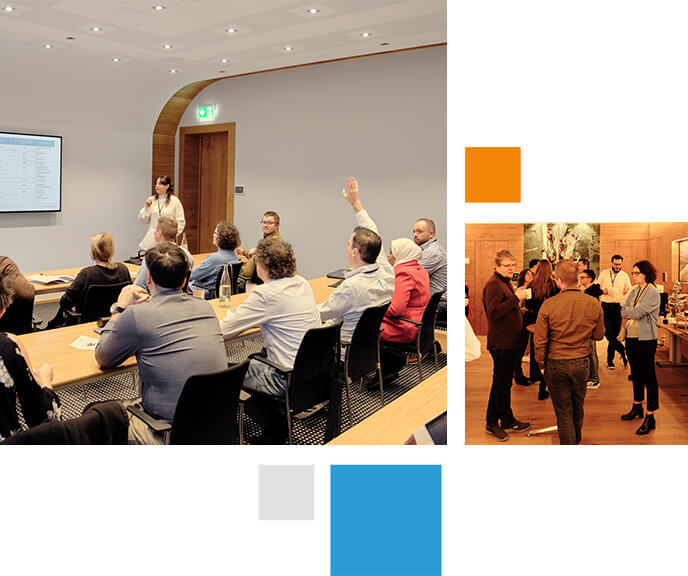
- Growth: Influence and shape the development of our participants, attracting and retaining individuals who have the potential to embody core values critical to leadership and performance excellence.
- Innovation and Adaptability: Encourage curiosity and independence of thought, fostering innovation and adaptability crucial for navigating the evolving global landscape.
- Collaboration and Inclusion: Celebrate and encourage diversity. Model active inclusionary behaviours and attitudes, recognising this as a key factor for effective collaboration.
- Safety, Security, Safeguards and Excellence: Model a strong commitment to the three S’s pillars of nuclear excellence.
I CARE
Inclusion
Making sure everyone´s needs are identified and met; actively challenging discriminatory or exclusionary behaviours.
Respect
Acknowledging and appreciating the unique skills and contributions of each individual regardless of their hierarchical position, role, or background.
Accountability
Setting clear expectations for oneself and others, and embracing challenges as opportunities for growth.
Curiosity
Continuously seeking opportunities for learning and, asking questions to deepen your understanding on any topic.
Empathy
Actively listening and understanding the realities, concerns and perspectives of others even when they do not match our experiences.
I CARE
Inclusion
Making sure everyone´s needs are identified and met; actively challenging discriminatory or exclusionary behaviours.
Curiosity
Continuously seeking opportunities for learning and, asking questions to deepen your understanding on any topic.
Accountability
Setting clear expectations for oneself and others, and embracing challenges as opportunities for growth.
Respect
Acknowledging and appreciating the unique skills and contributions of each individual regardless of their hierarchical position, role, or background.
Empathy
Actively listening and understanding the realities, concerns and perspectives of others even when they do not match our experiences.